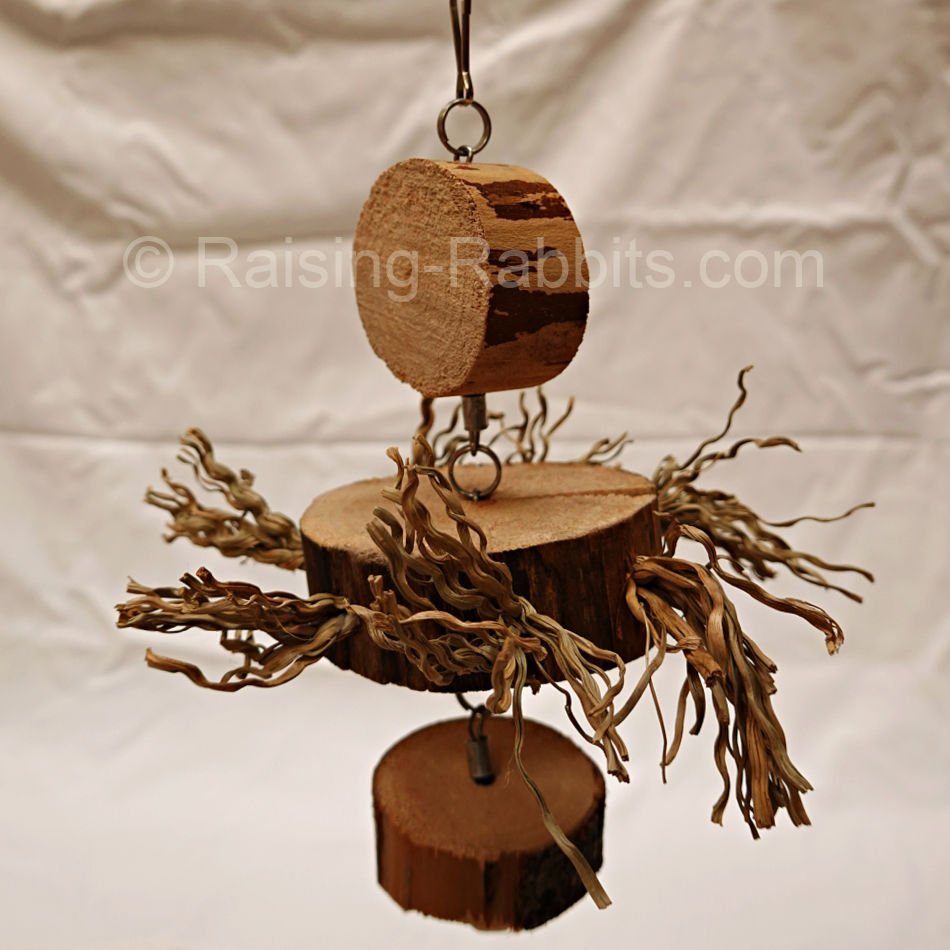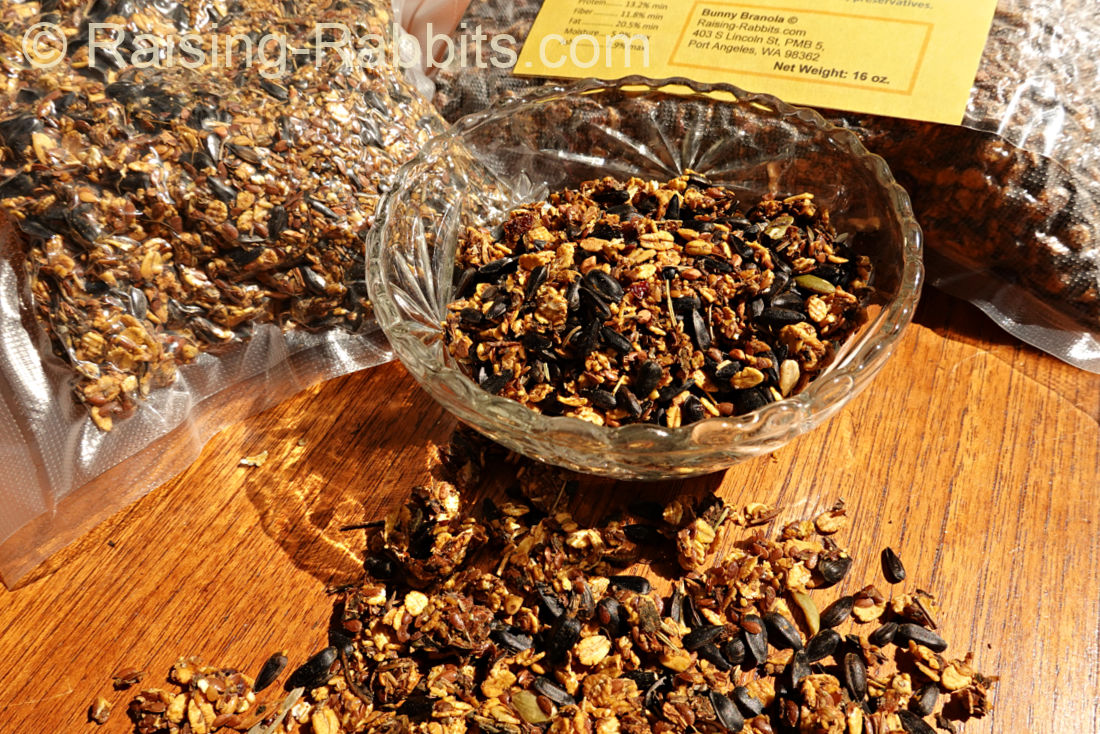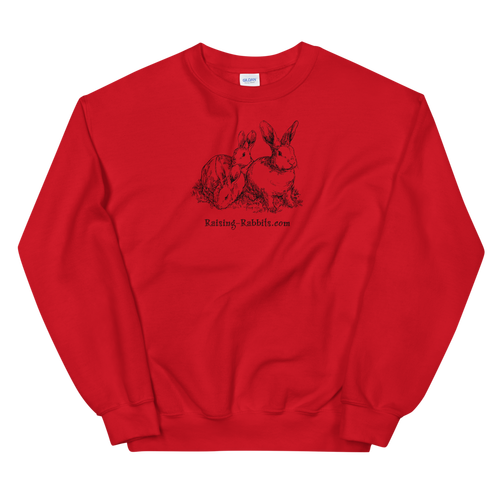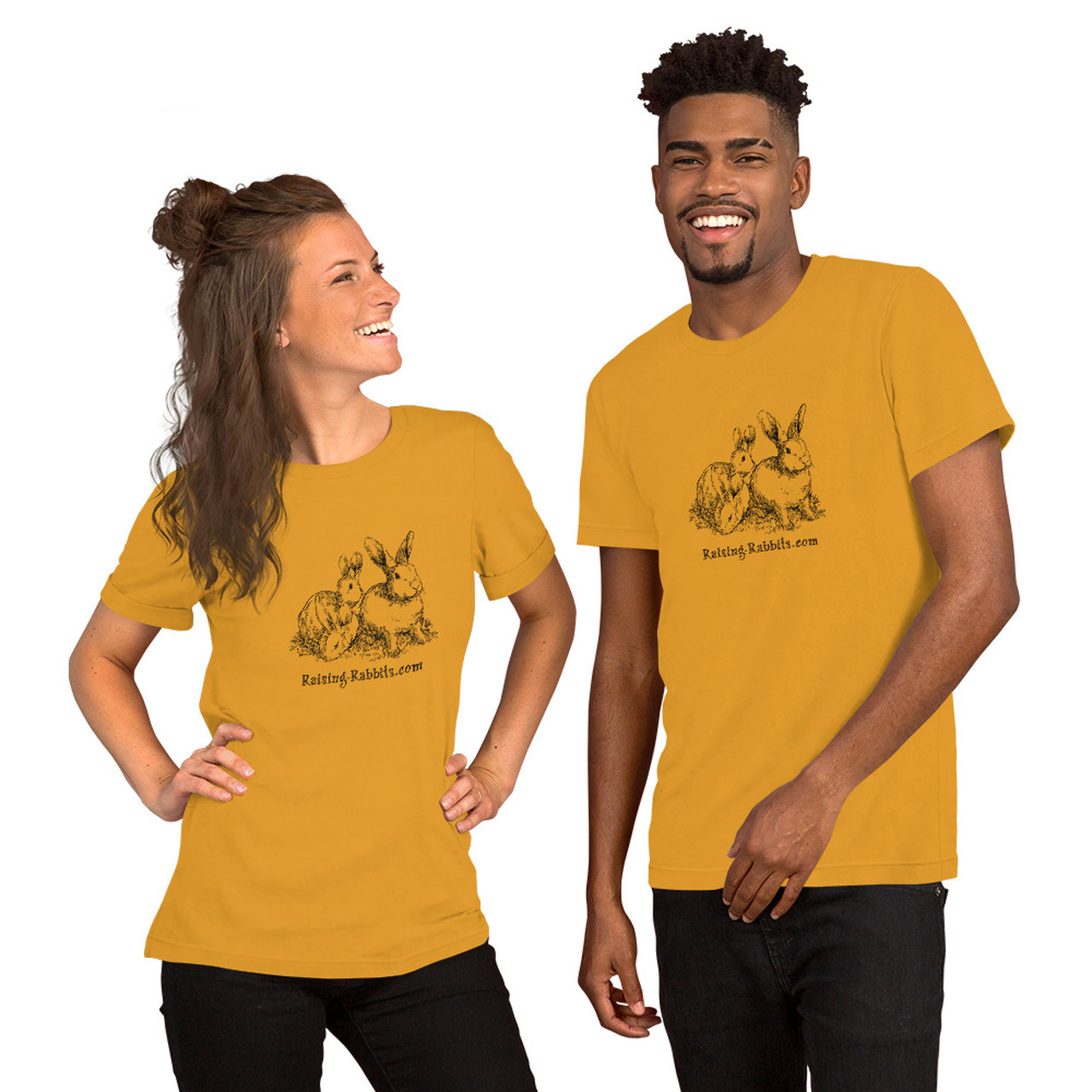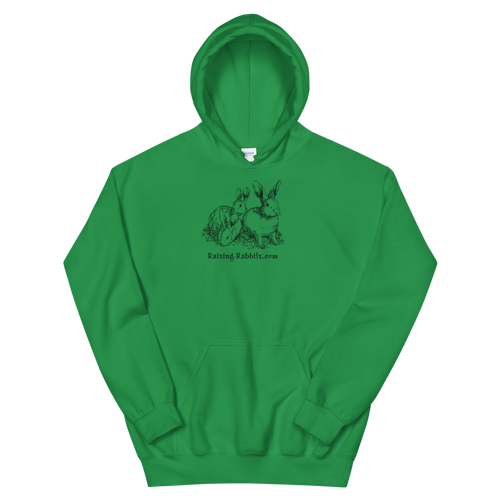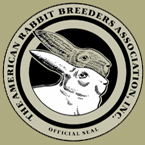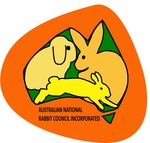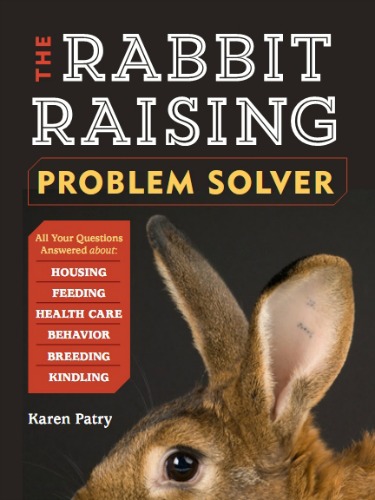Doe with snuffles has 3-week-old kits
My doe is sneezing more and more. At first I thought it was when she ate or drank but now. Her nose is damp and the inside of her front paws are damp. I saw yellowish discharge come from her nose. I separated her from her kits. Her 5 kits as I said are only 3 weeks old. They are eating and drinking on their own. I think I will end up culling the doe but what should I do about the babies? Do I wait for signs? These kits are to be sold in 5 weeks - so how do I know if they are sick?
Thanks
Comments for Doe with snuffles has 3-week-old kits
|
||
|
||
|
||
|
||
|
Click here to add your own comments Join in and write your own page! It's easy to do. How? Simply click here to return to Comments. |
Double-Value Guarantee
Our policy is to always OVER-deliver
on value,
which is why your purchase is fully covered by our
Double-Value
Guarantee.
Go ahead - take any of our e-books for a test drive. Peruse our detailed informational and educational e-books. Examine our plans for building rabbit cages, runs, or metal or PVC hutch frames. Check out the Rabbit Husbandry info e-books.
If you aren't completely satisfied that your e-book purchase is worth at least double, triple or even quadruple the price you paid, just drop us a note within 45 days, and we'll refund you the entire cost. That's our Double-Value Guarantee.
Note: When you purchase your
e-books, they will be in PDF format, so you can download them to any device that
supports PDF format. We advise making a back-up copy to a drive or cloud
account. If the books are lost, you can also purchase another copy from Raising-Rabbits.
